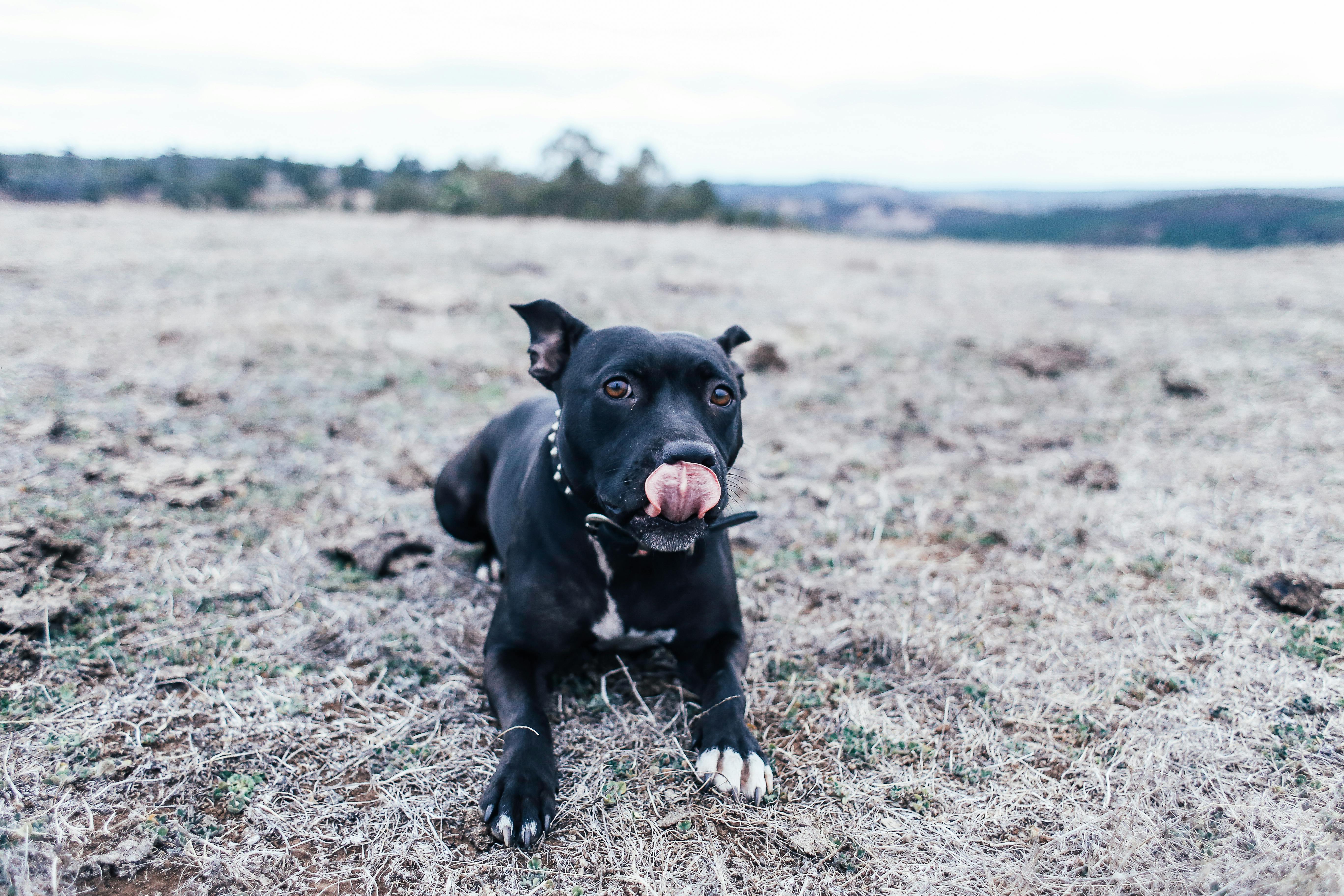Do you like to allow your dog to lick your body and face? While some pet owners find the idea of being licked revolting, others find licking a loving gesture that helps them bond even more with their pet. However, if you like to allow your pet to lick you, you may want to think again. While it may seem playful, fun, and affectionate, it’s possible that your dog’s licking could give you more than he bargained for.
Where has your dog’s tongue been?
To get an idea of why you might not want your dog to lick your face, all you need to do is consider the places where your dog’s tongue frequents. Most dogs spend a great deal of time sticking their tongues in trash, dirt, rocks, sticks, intimate areas of their bodies, and even feces. Obviously, remnants of these items can easily be on their tongues as they playfully lick your face. Even if dirt and feces are not yet in your pet’s mouth, bacteria from these items may still be present. Therefore, allowing your pet to lick your face may not be the most hygienic decision.
Health risks of being licked
There are many potential health risks associated with licking your pet. One of the greatest potential health risks is the transmission of intestinal worms. Roundworms are a type of intestinal parasite commonly found in kittens and puppies. The worms are spread by licking and can lead to some serious medical complications. Some of the signs and symptoms associated with a roundworm infestation include:
• Cough
• Fever
• Headaches
Of course, if you test your pet regularly and give him deworming medication every month, the risk of your pet contracting pinworms is minimal. However, it is something to consider if you allow your pet to lick your body or face.
In addition to roundworms, there are other diseases and illnesses that can be spread by your pet. Leptospiroris, salmonellosis and E.coli, for example, can be transmitted through saliva. Strep throat has also been linked to dogs licking their owners in the face. In addition, rabies is also transmitted through saliva, although you should not be at risk of contracting this disease if your pet has been vaccinated.
Dispelling myths about licking
Some pet owners know that dog saliva actually contains a special enzyme that helps promote healing. As a result, some encourage their pets to lick their wounds or cuts to speed healing. It should be noted that the enzyme only works on dog wounds and does not help humans. Therefore, encouraging your pet to lick your wounds will not help them heal faster. In fact, it could lead to an infection, further aggravating your wounds.
While your pet likely won’t spread a disease to you if you keep them properly vaccinated, it’s still a good idea to discourage licking to reduce the chances of your canine friend getting sick.

